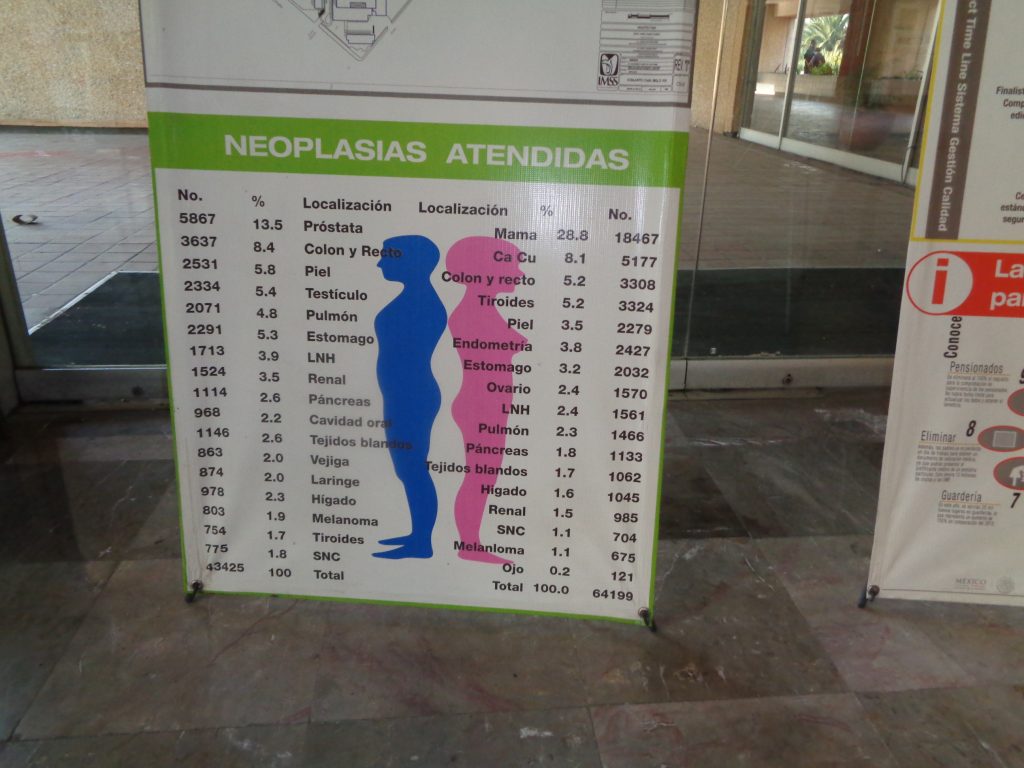
The University of Kentucky has started termination proceedings against a pair of scientists found guilty of “significant departures from accepted practices of research,” according to the institution.
The scientists, Xianglin Shi, who up until now had held the William A. Marquard Chair in Cancer Research and served as associate dean for research integration in the UK College of Medicine, and Zhuo Zhang in the Department of Toxicology and Cancer Biology in the College of Medicine, have lost access to their laboratories, which are shuttered, and other university equipment, UK said in a statement. A third researcher, Donghern Kim, who worked under Zhang, already has been fired in the scandal.
In October, the university told us that it was aware of the retractions but “not able to provide more information at this time.” The ongoing investigation was first reported in April by the Lexington Herald-Leader.
According to the UK’s announcement today, the inquiry, which began in June 2018, into Shi, Zhang and Kim found that:
Continue reading University of Kentucky moves to fire researchers after misconduct finding







